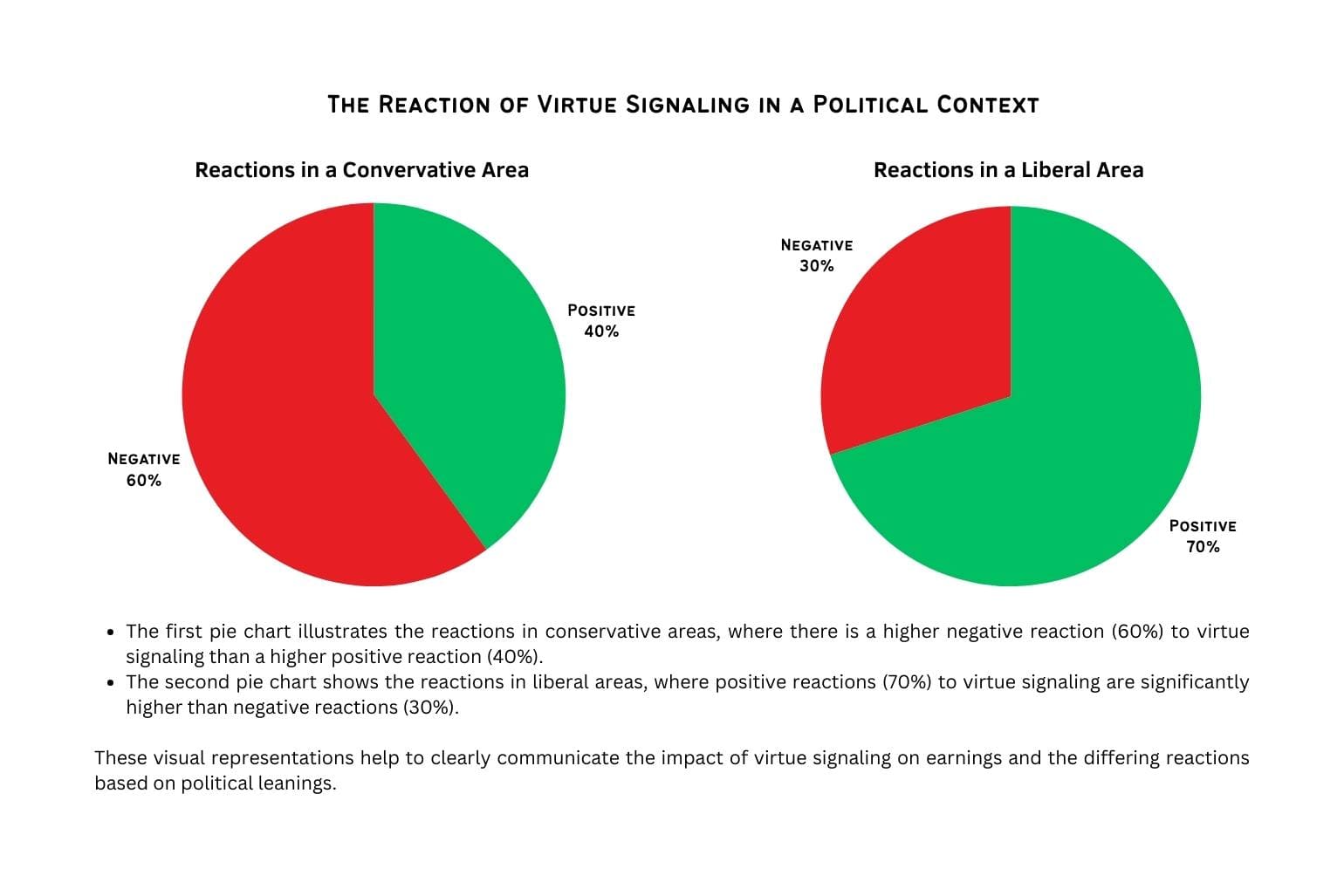What Virtues is Your Property Listing Signaling?
Find out how showcasing your property's best qualities can boost your earnings and attract more guests. Learn the sweet spot between highlighting your virtues and going overboard, so you can build trust and avoid turning off potential visitors.
Does Virtue Signaling Pay Off ? 😇
When it comes to vacation rental marketing, there have been many articles recently discussing "virtue signaling" and its impact on Airbnb hosts. Wondering what virtue signaling is? It's when hosts highlight their virtues, like friendliness or compassion, in their listings. But does this actually help? Here are some of the highlights from recent studies, along with practical tips and a downloadable list for your reference next time you're refreshing or creating a new listing.
The Study
Researchers delved into over 80,000 Airbnb listings to uncover the potential benefits of virtue signaling. They discovered that incorporating a touch of virtue language (such as 'friendly neighborhood' or 'compassionate host') can actually boost hosts' earnings—by an average of $1,098 per year!
The vacation Rental Marketing Sweet Spot
However, it's crucial to strike the right balance. Going overboard with virtue language can backfire, making your listing appear contrived or insincere. This could lead to a significant loss—up to $4,964 annually. So, remember, a sprinkle of virtue can foster trust and attract bookings, but too much can have the opposite effect.
Superhosts Beware
The impact of virtue signaling is amplified for superhosts, who already enjoy a stellar reputation. A little can go a long way, but too much can be particularly detrimental. Given their influential position, superhosts need to exercise extra caution in how they present their virtues.
Political Context Matters

Interestingly, the study also revealed that the political leaning of the area matters. Listings in conservative areas face stronger negative reactions to excessive virtue signaling compared to liberal areas. This is because conservative guests might view heavy virtue language as insincere, leading to decreased bookings or negative reviews.
Beyond Airbnb: Other Listing Websites and International Impact

While the study focused on Airbnb, the principles of virtue signaling apply to other listing websites like Vrbo, Booking.com, and even local travel agency platforms. Here's how these tips can be adapted:
1. Vrbo and Booking.com: Just like on Airbnb, a balanced use of virtue language on these platforms can build trust without appearing insincere. Highlighting genuine virtues like eco-friendliness or community involvement can make your listing stand out.
2. Local Travel Agencies: For listings on local travel agency websites, consider the cultural context and preferences of the audience. What works in one region might not resonate in another.
International Destinations and Listings
Virtue signaling can have different impacts in international markets:
Cultural Sensitivity: Cultural sensitivity is essential in international destinations. Virtue signaling that aligns with local values and customs can be very effective. For example, highlighting cleanliness and hospitality in Japan might be more impactful than other virtues.
Tourist Preferences: Understanding what international tourists value can help tailor your virtue signaling. European tourists might appreciate eco-friendly practices, while tourists from other regions value safety and family-friendly amenities.
Local Regulations: Be aware of local regulations regarding short-term rentals and ensure that your virtue signaling complies with these rules. For instance, promoting sustainability might align with local government initiatives in certain countries.
Practical vacation Rental Marketing Tips for All Short-term Rental Platforms
Moderation is Key: Use virtue language sparingly to build trust without seeming insincere.
Highlight Genuine Virtues: Mention real strengths like being eco-friendly or community-focused.
Know Your Audience: Consider your potential guests' demographic and psychographic profile.
Use Positive Language: Words like 'friendly,' 'welcoming,' and 'supportive' can attract guests.
Avoid Overstatement: Don't overdo it with virtue language; too much can seem fake.
Be Honest and Transparent: Ensure all claims are truthful and reflect your actual hosting practices.
Show, Don't Just Tell: Use photos and guest reviews to back up your claims.
Balance Virtue with Amenities: Highlight your virtues and the practical benefits of staying at your property.
Update Regularly: Keep your listing updated with any new initiatives or improvements.
Learn from Feedback: Pay attention to guest feedback to see how your virtue signaling is perceived and adjust accordingly.
👉 And don't forget to drop your email in the box below
We'll send you a copy of our Virtues and Their Signals for Listings PDF for a quick reference guide when updating your listings!
REFERENCES:
Fast Company: We studied 80,000 Airbnb listings to find out if ‘virtue signaling’ works
Latest posts

Independent hotels and vacation rentals should run a 10-minute AI audit to see how tools like ChatGPT, Google summaries, and OTAs are publicly describing their property without their input. When AI-generated descriptions don’t match reality, expectation gaps erode reviews, ratings, and direct bookings, making proactive source updates a critical part of modern hospitality marketing.

Most independent operators market their property at its best and never see the gap that forms on normal days. The Tuesday Test is a framework for closing the distance between what your listing promises and what midweek guests actually find.

Guests don't return to "fine." They return to specific. This post shows how to find or create one memorable moment that earns direct bookings and referrals instead of handing repeat guest revenue back to OTAs.




